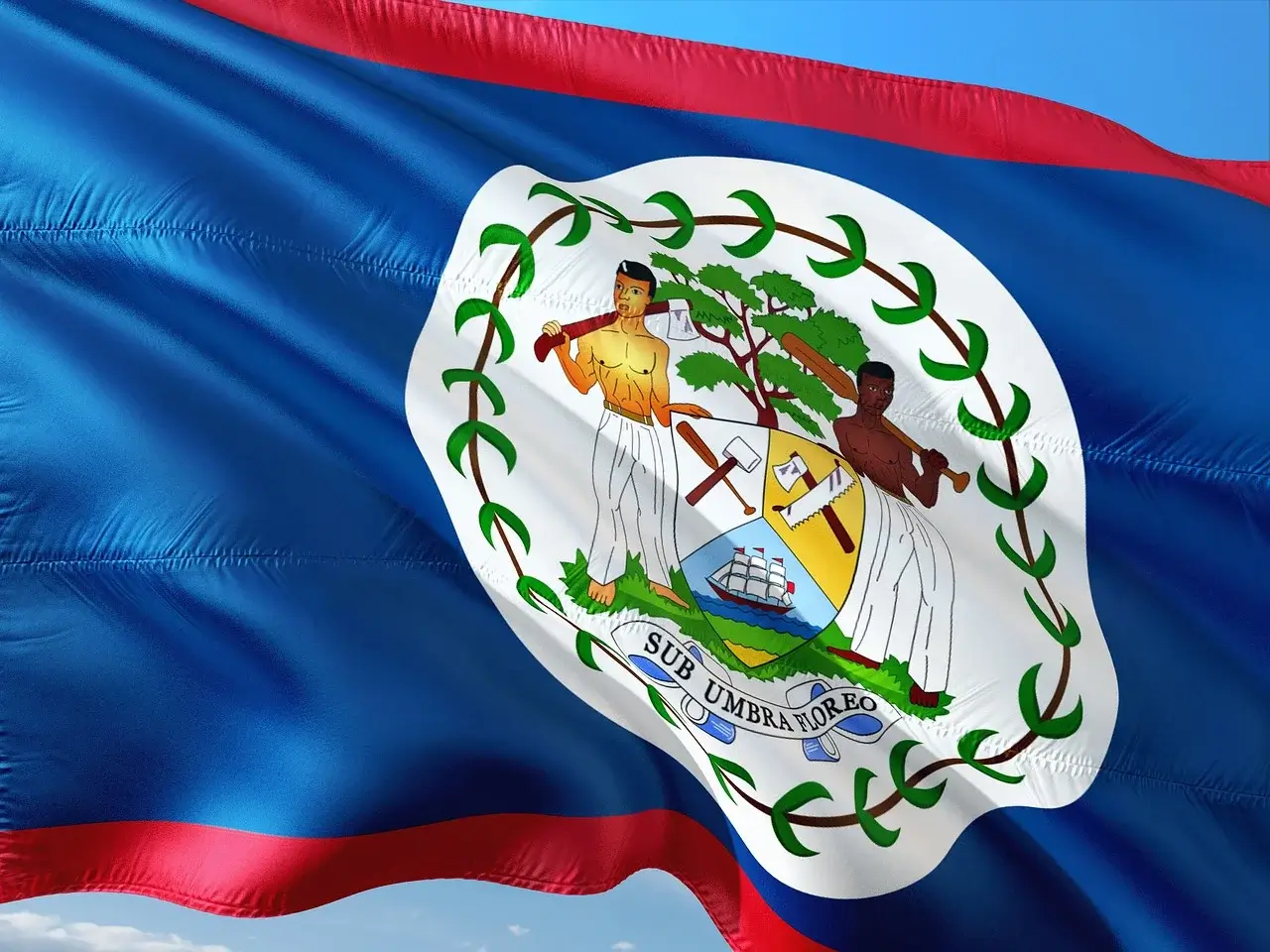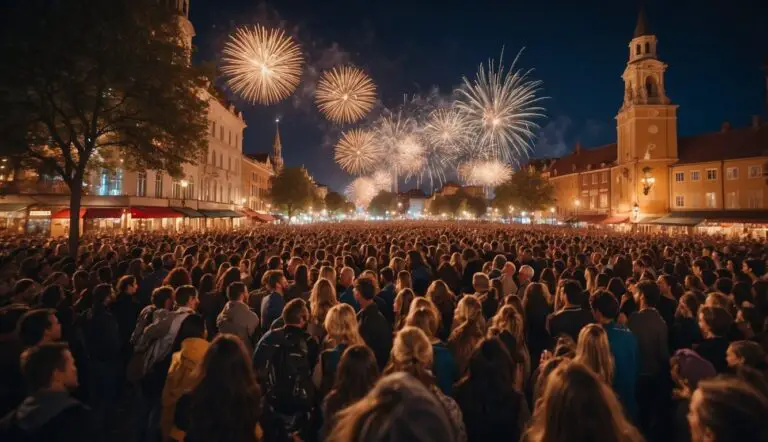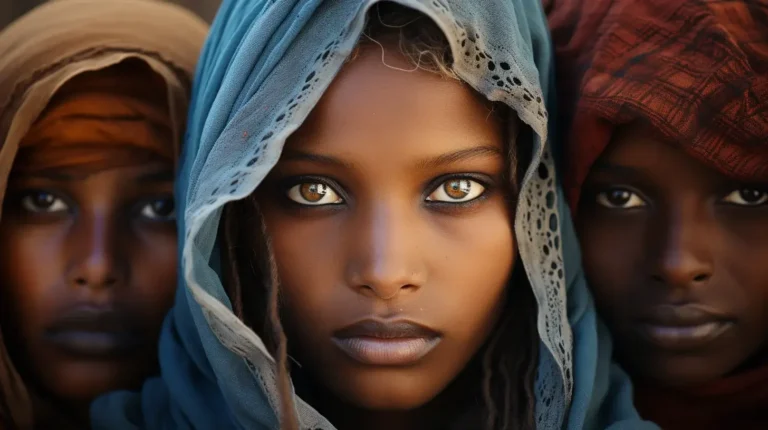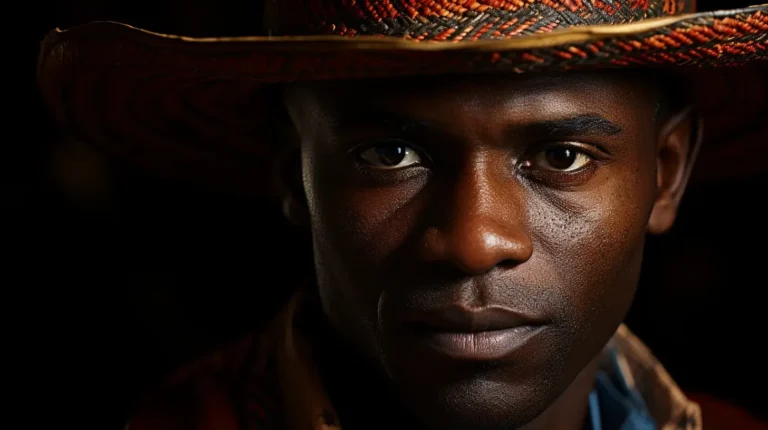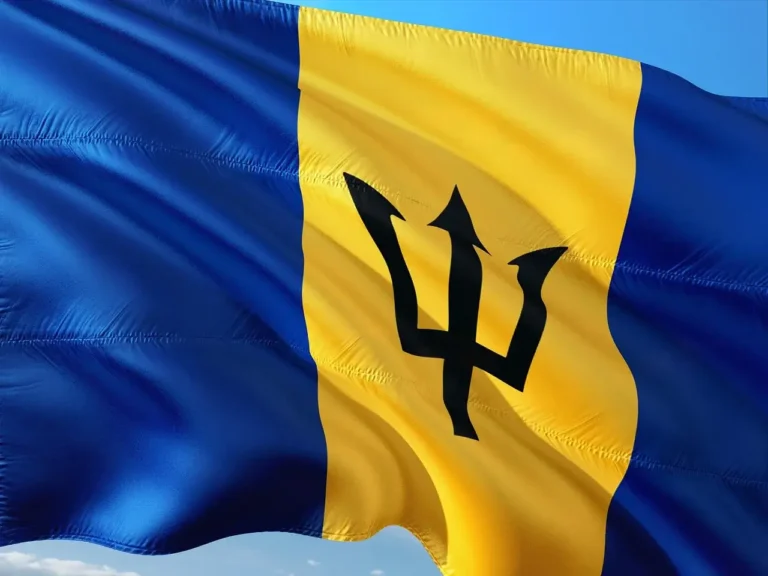Belize Independence Day, observed annually on September 21, is a defining moment in the nation’s history, celebrating its journey to independence. On this day in 1981, Belize officially became independent from British rule, after a long series of negotiations supported internationally, marking the beginning of a new era of self-governance and national pride. The event is profoundly emblematic, celebrating the steadfastness and solidarity of the Belizean people as they honor their road to independence and the shaping of their distinct national identity.
Festivities across the country echo the significance of this day through vibrant parades, cultural presentations, and official ceremonies. Every year, Belizeans unite to reflect on their past struggles, appreciate the present freedoms, and inject hope into their shared future. Symbols of patriotism are everywhere—flags flying high, the sounds of music in the air, and the joyful faces of young and old people, recognizing the value of their autonomy and the unity it inspires.
Key Takeaways
- Belize gained independence from Britain on September 21, 1981, establishing sovereign governance.
- Independence Day is a national holiday celebrated with festivities that reflect Belize’s cultural richness.
- This day is an annual reminder of national unity and the Belizean spirit of freedom and pride.
Historical Background
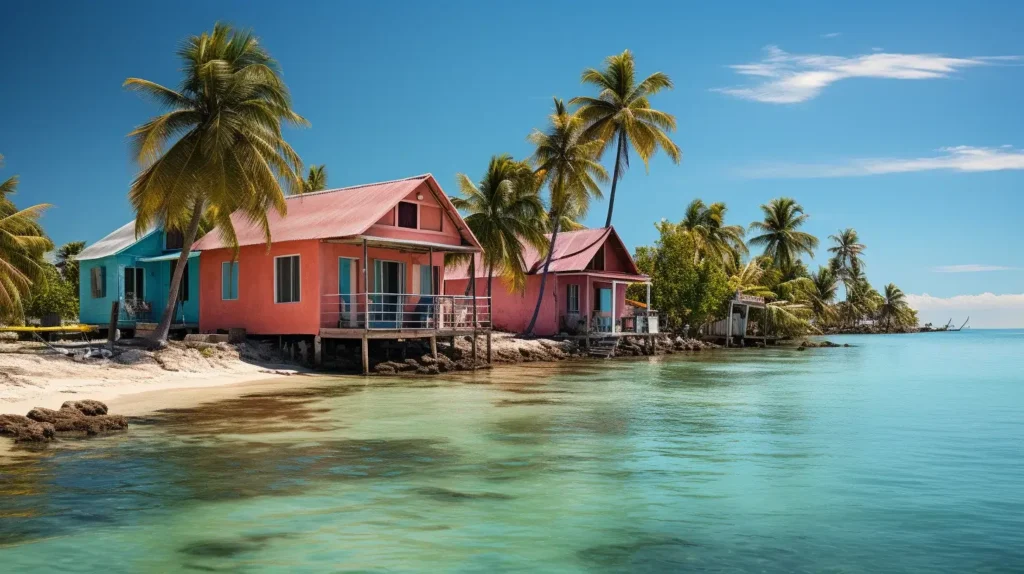
In exploring Belize’s path to sovereignty, we recognize the nation’s transformative journey from a land rich in Maya heritage to a country carving out its independence. Ancient civilizations, European conflicts, and the unwavering spirit of our people shape our history.
Colonial Era
The Maya civilization was well-established in what is now known as Belize, with significant sites such as Cahal Pech and Caracol showing their advanced culture and dense populations. By the 17th century, however, Europeans, including British and Spanish forces, took an interest in the region. Pirates and buccaneers initially used the area as a haven, but soon, loggers became drawn to Belize’s valuable logwood, which was used for dyeing textiles.
On September 10, 1798, an important military engagement known as the Battle of St. George’s Caye took place. British settlers and their African slaves, often referred to as Baymen, triumphed over the Spanish fleet attempting to assert control. Despite this victory, the area remained a British Colony, known as British Honduras, for many years thereafter.
Road to Independence
The 20th century marked a pivotal time for Belize as it edged closer to independence. After receiving universal adult suffrage in 1954, we saw the formation of a new constitution and the introduction of internal self-government in 1964. George Price, an influential historical figure, rose to prominence as Premier, furthering the push for sovereignty.
As time passed, our quest for self-determination gained international support. In the latter half of the 20th century, with the aid and recognition of organizations like the United Nations and the Commonwealth, Belize’s diplomacy and negotiations distilled into a peaceful transition. Finally, on September 21, 1981, we celebrated our historical triumph: Belize’s independence from British colonial rule, marking a new chapter in our nation’s history.
Significance of Independence Day
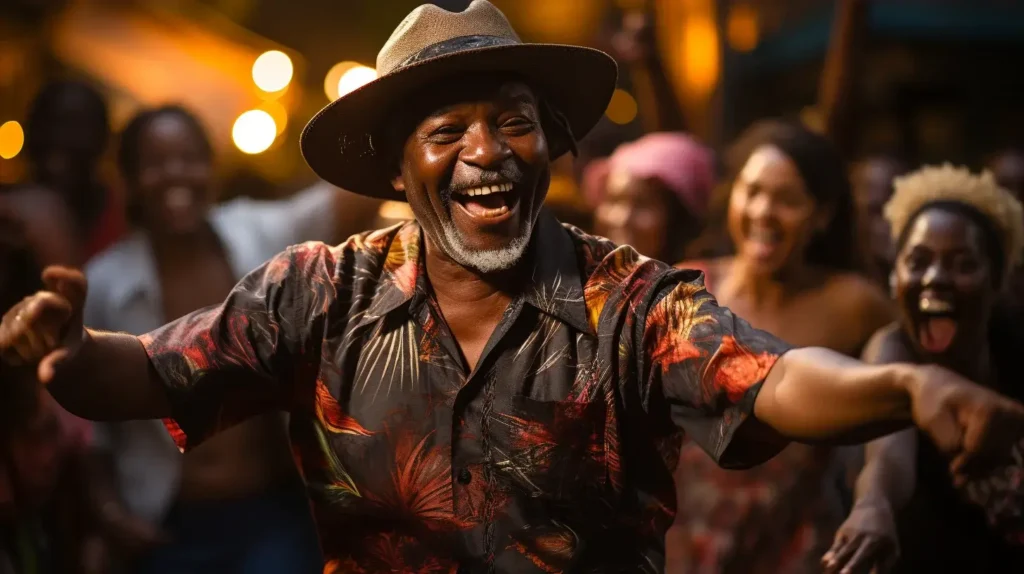
Independence Day in Belize profoundly expresses our nation’s identity and political evolution. It’s a day on which we collectively reflect on our strides as a sovereign nation and celebrate the essence of our democracy and unity.
National Identity
Independence Day stands as a pivotal chapter in Belize’s history, marking our emergence as a self-governing and free nation. On this day, September 21, we underscore the pride and patriotism that resonate through our communities. Our first Prime Minister, George Price, played an instrumental role in our journey to independence, fostering a sense of unity and national identity that remains woven into our celebrations.
Political Milestones
We also observe Independence Day to commemorate our political milestones. Since our independence from Britain in 1981, Belize has steadfastly strengthened its democratic institutions. Our Constitution, the supreme law of the land, was enacted at independence, framing our democratic governance. Notable leaders like Manuel Esquivel and John Briceño have since upheld our Prime Ministerial legacy, contributing to our democratic triumphs and challenges. Independence Day reminds us of our continuous path toward progress and the collective aspirations driving our nation forward.
Celebrations and Traditions

Belize Independence Day is an occasion of grandeur marked by a spectrum of colors. As a nation, we engage in a rich variety of celebrations and traditions that resonate with our spirited history and vibrant culture.
Parades and Marches
We take to the streets en masse, with parades that serve as the hallmark of our Independence Day celebrations. Flag-waving is a common sight, complementing the rhythmic beats of soca music, as we honor our national holiday. Each parade showcases a unique theme, reflective of our national pride and historical victories.
Cultural Festivities
Our country bursts into a kaleidoscope of vibrant costumes and energetic dance moves during the Carnival, which is a central component of our festivities. The air fills with music and the aroma of barbecue and traditional foods, as we gather with family and friends to enjoy the rich tapestry of our collective heritage.
Civic Programs
Civic programs encompassing official ceremonies and public speeches are integral to our observance of Belize Independence Day. We reaffirm our allegiance to our flag and country through these programs, which often culminate in astonishing fireworks displays illuminating the night sky, symbolizing our enduring freedom and unity.
Cultural and Social Aspects

Belize’s Independence Day ushers in an opportunity for us to showcase our vibrant blend of cultures and the unity that forms the heart of our festivities. We gather in a celebration that honors our diverse heritage and rich cultural tapestry.
Diversity and Unity
Belizeans hail from a variety of ethnic backgrounds creating a mosaic of cultures that include Maya, Garifuna, Creole, Mestizo, East Indian, and Mennonite. The unity among this diversity is palpable during Independence Day celebrations, as all Belizeans come together to commemorate our history and sovereignty. The population of Belize is fluent in multiple languages, with English being the official language. Yet, you’ll hear Creole, Spanish, Garifuna, and Mayan dialects intertwining in the jovial conversations around you.
Food and Music
Our Independence Day is never complete without the enticing aroma of traditional Belizean food filling the air. Carnivals burst with the sound of drumbeats while we feast on dishes like rice and beans, tamales, and stew chicken—each bite a reminder of the labor of love and tradition poured into our Belizean cuisine. Music plays a central role, with Punta and Brukdown illustrating our nation’s aural diversity. Celebrations are underscored by melodies that compel our feet to move and our spirits to soar with joyous pride.
Modern Celebrations

As we explore the vibrant observance of Belize Independence Day, we’re greeted with a mosaic of traditions and renewed festivity that encapsulate the nation’s spirit.
Fusion of Traditions
In our journey through the September Celebrations, we witness a blending of past and present. The streets come alive with Carnivals showcasing colorful floats and elaborate costumes that tell the story of Belize’s diverse cultural heritage. The air is filled with rhythms that range from the heart-pounding beats of the Garifuna drums to the melodic tunes of the Creole brukdown, reflecting a fusion of live music traditions that resonate with everyone.
Innovation in Festivity
We reimagine traditional activities with a contemporary twist during this festive time, as fireworks shows light up the evening sky, symbolizing triumph and the bright future ahead. Energetic marches and parades exhibit the national colors. At the same time, concerts and expos introduce a modern take, ensuring that the Belize Independence Day experience is both inclusive and innovative—where legacy and progression harmoniously meet.
Important Dates in Belizean History

In our examination of Belizean history, we recognize significant milestones that have shaped our nation’s identity and sovereignty. Here, we focus on the pivotal moments and celebrations that are etched in our collective memory.
Key Historical Events
- September 10, 1798: St. George’s Caye Day marks a decisive victory for Belize when our settlers, aided by slaves, repelled a Spanish attack in the Battle of St. George’s Caye. This historic event laid the groundwork for our eventual move towards independence.
- September 21, 1981: This date is celebrated annually as Belize’s Independence Day, commemorating our nation’s independence from Great Britain. Achieving this milestone was an affirmation of our right to self-governance and national pride.
- George Cadle Price: We remember the late George Cadle Price, the Father of the Nation, who passed away on September 19, 2011. His contributions to our country’s independence are monumental, resonating through our history as a symbol of Belizean strength and resolve.
By reflecting on these dates and events, we honor our past and understand the path we as Belizeans have taken to establish our place in the world community.
National Symbols and Icons
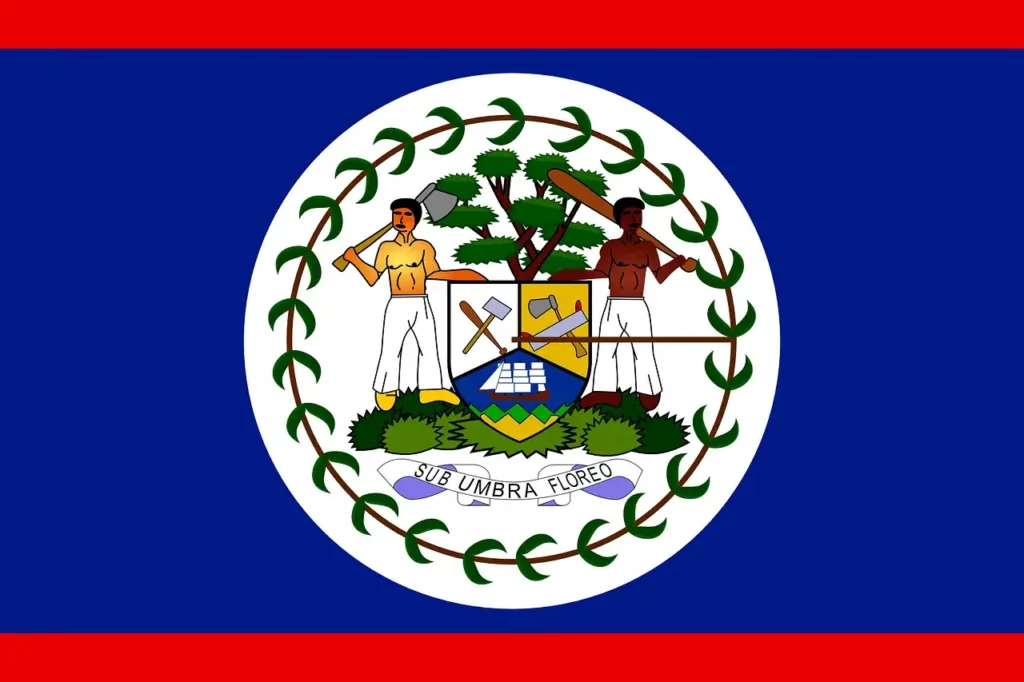
In celebrating Belize’s sovereignty, our national symbols and icons, particularly the flag, hold significant meaning and embody our country’s values, history, and ideals.
Flag and Emblems
Our Belizean Flag is a powerful emblem of our nation’s unity and independence. It stands out with its bold red, white, and blue colors, each carrying its own meaning and representing the people of Belize. The flag features a coat of arms, bordered by fifty leaves, set in a white circle at its center against a royal blue backdrop with two red stripes at the top and bottom.
The coat of arms centered on the flag depicts two woodcutters in front of a mahogany tree, symbolizing the importance of the mahogany industry in our history. Above the shield, the inscription “Sub Umbra Floreo” means “Under the Shade I Flourish,” reflecting our growth as a nation under our own governance. This shield is flanked by a man on the left holding an axe and a paddle – tools that reference the logging industry that led to settlement in Belize – and a man on the right with an oar, symbolizing the importance of the sea to our livelihood.
The red stripes were added to show respect for the nation’s two major political parties and to emphasize our people’s unity. The 50 leaves that circle the coat of arms stand for the year 1950, marking the beginning of our country’s push toward independence.
As we hoist the Belizean Flag, we are reminded of the resilience and unity of our people. It isn’t just a piece of fabric; it’s a banner under which we have carved out our place in the world, celebrating our sovereignty each year on September 21st, the day we gained independence from Great Britain in 1981.
Notable Personalities
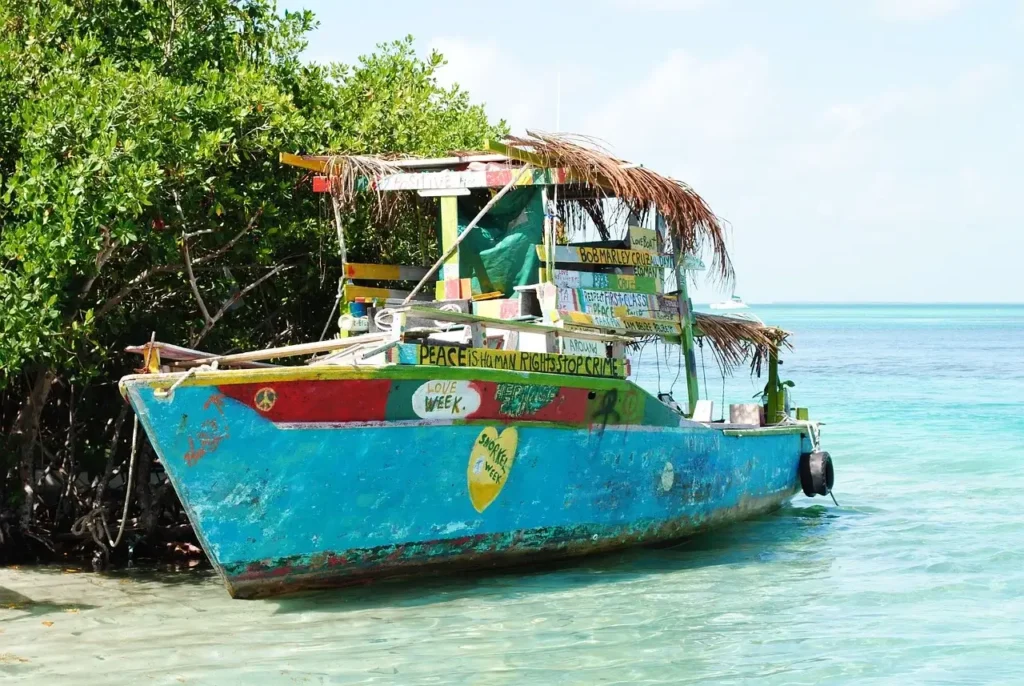
In our exploration of Belize’s Independence Day, we recognize individuals who have played pivotal roles in shaping the nation’s history and its journey towards independence.
Leaders and Heroes
- George Price: Often hailed as the Father of the Belizean Nation, George Price served as the first Prime Minister of Belize. His tireless work towards the country’s independence from Great Britain is celebrated every year on September 21st. We remember his dedication to the social and economic development of Belize as a key to our national identity.
- John Briceño: As a contemporary figure, John Briceño has also made his mark in Belizean politics, having served as Prime Minister. His leadership reflects our ongoing commitment to growth and national pride within the context of the wider Caribbean community.
- Manuel Esquivel: With his contributions as a two-time Prime Minister of Belize, Manuel Esquivel’s focus on economic development and education demonstrates the breadth of leadership that has steered Belize post-independence.
Although not directly linked to our independence narrative, it is worth considering how our ties with influential nations like the United States have impacted our journey. The relationship has brought about collaborations supporting our national progress across various sectors.
Our Opinion – Belize Independence Day
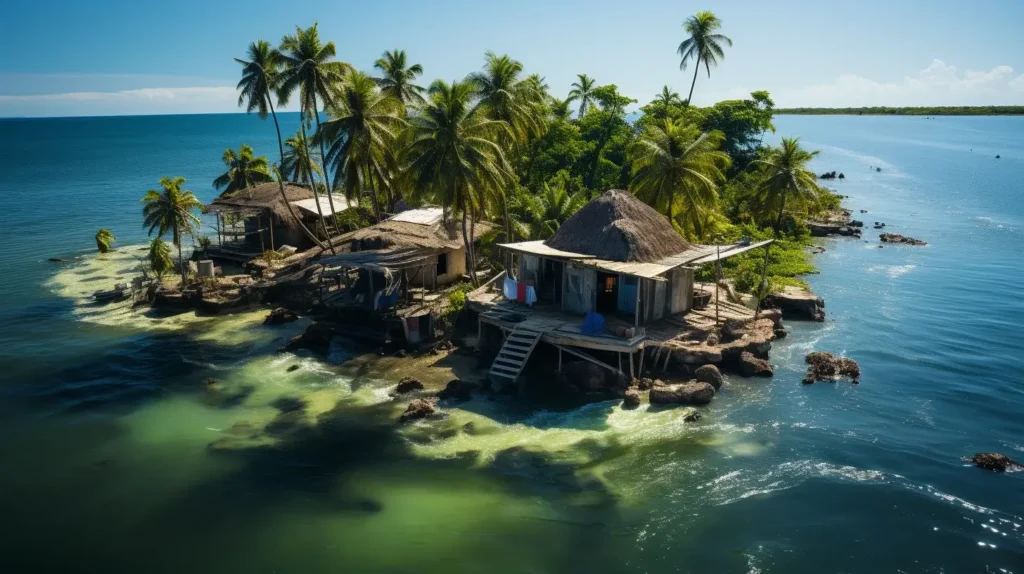
Recognizing our nation’s autonomy, we observe Belize Independence Day with a tapestry of festive events. This day is not merely a time for jubilation but a commemoration of our long journey to sovereignty. Through festive carnival celebrations, we pay homage to the cultural contributions of African slaves and their descendants, whose indelible influence is woven into the fabric of our national identity.
Logging once comprised the backbone of our economy, a legacy reflecting our colonial past and a testament to the resilience of our people in adapting and advocating for self-determination. The road to our independence was paved with deliberation and strategic movements on the geopolitical chessboard, reinforcing the importance of security in a nation’s quest for self-governance.
International support played a significant role in our struggle, with entities like the United Nations and the Organization of American States standing in solidarity with our aspirations. We have come a long way since the days of imperial rule, empowered by our cultural unity and unyielding spirit.
As we mark another year of freedom, let us recommit to fostering peace, stability, and prosperity within our borders. Our independence is more than a date on the calendar; it is the lifeblood of our national identity and the foundation upon which we will continue to build a promising future for Belize.
FAQ – Belize Independence Day
What is Belize Independence Day?
Belize Independence Day is a national holiday in Belize, celebrated on September 21st each year. It marks Belize’s independence from the United Kingdom, achieved in 1981.
How is Belize Independence Day Celebrated?
The day is celebrated with vibrant parades, colorful street dances, musical performances, cultural presentations, and official ceremonies across the country. It’s a time for Belizeans to express national pride and celebrate their cultural heritage.
What Are the Main Events of Belize Independence Day Celebrations?
Major events include the Independence Day parade featuring elaborate costumes and floats, official flag-raising ceremonies, fireworks displays, and cultural festivals showcasing Belizean music, dance, and food.
If you enjoyed reading about Belize Independence Day, check out our other articles:
- Grenada Independence Day 2024: Celebrating National Identity and History
- Cape Verde Independence Day 2024: Significance and Celebrations
- Estonia Independence Day 2024: Significance and Celebrations
Feel free to also check out our other Articles from the category “Independence Day“ and don’t forget to follow us on Pinterest.

